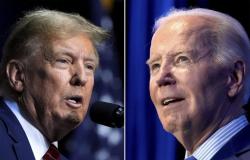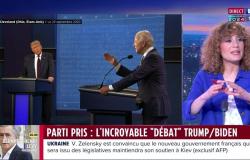
LRationality is not always there when it comes to environmental issues. According to the latest barometer of critical thinking published by Universcience, three quarters of French people do not consider ecology primarily as a science. However, we are going through an unprecedented ecological crisis which requires profound, systemic, individual and collective transformations in our lifestyles and our values. Only a rational apprehension of the world will allow them to be chosen by individuals rather than imposed on them. It is therefore necessary and urgent to strengthen the teaching of scientific ecology.
Ecology is the science that studies living beings and the interactions they develop with each other and with their environment. It illuminates the links between human activities and the functioning of ecosystems by articulating notions of geography, economics, history and biology, borrowing in particular from mathematics, computer science, physics and chemistry. In short, scientific ecology unites the human and social sciences and those of nature. It is therefore legitimate for the school to give it a central place.
This is now the case in school programs, despite an insufficient number of hours (one hour and a half per week of SVT in 2of and, if it is a specialty, four hours in 1D and six hours in final year). However, when it comes to teaching ecology, teachers face many logistical and intellectual challenges. These programs address recent and complex concepts, requiring a significant investment by teachers and their supervisors in initial and continuing training. Teaching ecology also requires combining knowledge from different disciplines and positioning it in relation to one’s own convictions and those of the students. However, teacher training, already depleted of its naturalistic and disciplinary content, leaves little room for epistemology and interdisciplinarity.
Read also: Article reserved for our subscribers “The history of official texts says a lot about the difficulty schools have in teaching the ecological transition”
Add to your selections
Finally, the teaching of ecology only takes on its full meaning in a sensitive experience of living things that is difficult to transmit, particularly in the very mineral universe of many schoolyards. Teachers are poorly prepared to manage the organizational constraints of an educational outing in nature, and inspection reports show a decline in green classes and other naturalist discovery devices.
An authentic approach to life
You have 63.43% of this article left to read. The rest is reserved for subscribers.





